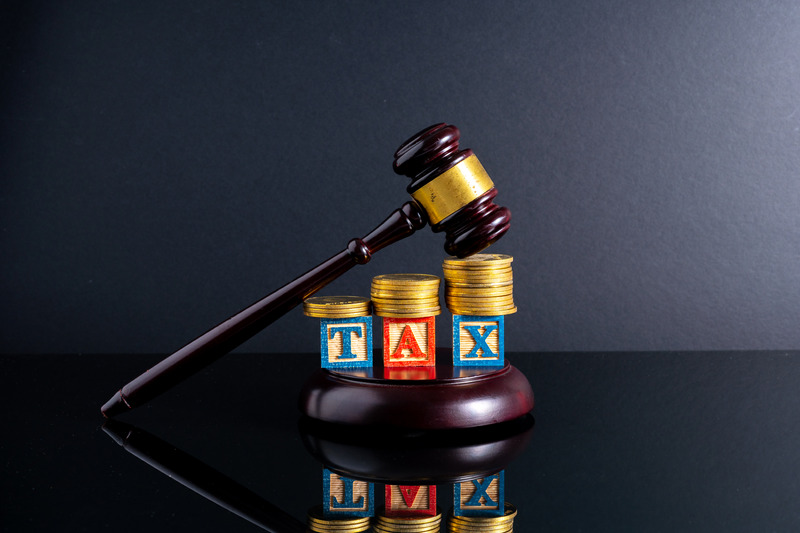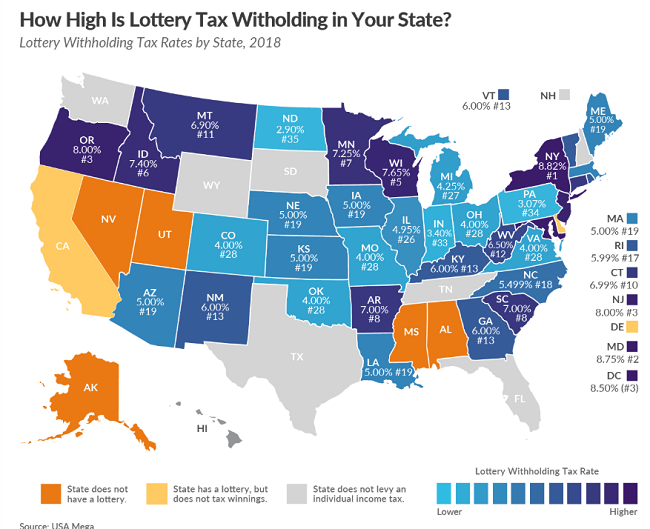Everything you need to know about EuroMillions and taxes. EuroMillions is known for its high Jackpots. However, winners need to pay a lottery tax. How much money do you have to ‘sacrifice’ when you’re a lucky winner?
3 Euromillions have to pay tax
EuroMillions winnings are taxed in three of the nine participating countries (Portugal, Spain and Switzerland), so if you play in one of these countries, you won’t receive any ads. Full bonus as shown above.
If you win in the UK, Austria, Belgium, France, Ireland or Luxembourg, you do not have to pay tax on your winnings. However, you can only claim your EuroMillions winnings in the country where you bought your ticket, so you have to accept the local tax rules even if you are not a resident of that country.
The tax issue becomes more complicated if interest is generated on your winnings, or if you want to donate part of the money, even if your country does not withhold tax on the first payment. Read more about EuroMillions taxes in each country below.

Lottery taxes of different European countries in 2024
Tax in Polen
There are two tax brackets in Poland. Tax group 1: tax-free up to PLN 2,280. Tax group 2: any part of the prize above PLN 2,280 is subject to a 10% tax rate.
Tax in Portugal
There are two tax brackets in Portugal. Tax group 1: tax-free up to €5,000. Tax group 2: Any part of the price above €5,000 is subject to 20% tax.
Three tax brackets in Romania
There are three tax brackets in Romania. Tax group 1: Prices from RON 1 to RON 10,000 are subject to a 3% tax rate. Tax group 2: Prices between RON 10,001 and RON 66,750 are subject to a fixed tax of RON 300 and a 20% tax rate on the amount above RON 10,000. Tax group 3: Prices above RON 66,751 are subject to a fixed tax of RON 11,650 and a tax rate of 40% on the amount above RON 66,750.
Lottery tax in Spain
A 20% tax has been levied on lottery and raffle winnings since 2013. This includes all prizes from Loterías y Apuestas del Estado, ONCE. Lottery winnings up to €40,000 are tax-free. This means that if you win less than this amount, you do not have to pay tax.
On prizes above €40,000, a tax rate of 20% applies. These are amounts above the €40,000 threshold.
France
Gaming tax: Up to 20%
Depends on the amount of winnings; lottery winnings are generally tax-free up to a certain amount.
Italy
Gambling tax: 12% on winnings over €500
Tax is withheld directly at source.
Sweden
Gambling tax: 18% for operators
Notes: Lottery winnings are tax-free for winners in Sweden.
Austria no lotto tax
Gambling tax: None
Notes: Lottery winnings are tax-free, but other taxes may apply to interest on the amount won.
Tax on interest
The fact that many countries don’t levy taxes on prize money doesn’t mean that you don’t have to pay taxes at all. First of all, there is a so called ‘tax on interest’. When there’s a sum of money on your bank account there is an interest as well, and you need to pay a levy on it. It could be helpful to open an account at a private bank where professionals help you to deal with your new financial situation. There are a lot of things you need to think about, and some guidance and advice is definitely needed.

Inheritance tax
Some countries also used the so-called ‘inheritance tax’. For example, in the United Kingdom there is an ‘inheritance tax’ of 40 percent when your estate is worth more than 325.000 pounds, which is about 366.000 euros. This sum of money only accounts for individuals, because couples need to pay 40 percent tax when the value of their estate is more than 650.000 pounds (723.000 euros). It is possible to pay less taxes if you give 10 percent of the money to charity. In that case you pay 36 percent taxes. It is a good idea to have a life insurance by the way.
The people or fund that received your money still have to pay taxes on it if you die within seven years of giving money to them. With a life insurance they’re protected from this. So it’s always a good idea to make a so-called ‘syndicate agreement’ before you give the prize money to charity. It would be terrible if the fund has to pay taxes on the full amount of money because you’ve passed away.
Do I have to tax gambling in Belgium?
Whatever game you have participated in, if you win, you will never be taxed on it. So it concerns net amounts that you don’t have to state on your tax return.